The Electricity Law (amended) creates a legal corridor for sustainable energy transition.
The 2004 Electricity Law has established a legal framework for electricity activities and electricity use. However, after nearly 20 years of implementation, it is necessary to conduct research to amend and supplement it to promptly adjust social relations arising in the practice of electricity activities and electricity use.
The Draft Law on Electricity (amended) aims to develop electricity as a national technical infrastructure sector serving socio -economic development and people's lives, developing sustainably on the basis of optimal exploitation of all resources, meeting the electricity demand for people's lives and socio-economic development with stable quality, safety and economy, civilized services, environmental protection, contributing to ensuring national defense, security and energy security.
The Draft Law in its most recent update (late September 2024) consists of 9 chapters and 130 articles with additional and revised contents focusing on 7 new issues.
Draft Law on Electricity (amended) aims to ensure national energy security (Illustration photo)
7 new points of the draft Electricity Law (amended)
Firstly , regarding the Power Development Planning and investment in power project construction, the draft Law supplements the authority and responsibility of management agencies in preparing, submitting for approval, adjusting plans and implementation plans; and monitoring the progress of power source projects.
There is a mechanism to handle slow-progressing projects and urgent project investment cases to solve urgent issues of ensuring energy security; specify the subjects when selecting investors for power source projects.
The selection of investors for power source and grid projects is a new regulation to specify the subjects and cases of selecting investors through bidding and without bidding based on reviewing legal regulations on investment, PPP, bidding and adding some special cases (emergency, national security, replacement of investors for power projects).
Second , developing renewable energy and new energy power is completely built to institutionalize the policies and guidelines of the Party and State, especially self-produced and self-consumed electricity and offshore wind power.
The State has preferential and support policies for each type of renewable energy and new energy electricity in accordance with the development goals and socio-economic conditions of each period, in accordance with Vietnam's commitment to emission reduction targets; encourages investment in renewable energy and new energy electricity projects to participate in the electricity market; has preferential and support policies and breakthrough mechanisms for offshore wind power development.
Prioritize the development of wind power, solar power, tidal power, wave power, geothermal power and ocean current power in accordance with the ability to ensure power system safety at reasonable electricity prices; encourage the development of rooftop and water-based solar power.
Maximize the exploitation of co-generation biomass power sources; enhance the development of power sources from waste and biomass. Develop electricity from new energy in accordance with conditions of scientific and technological progress, human resources, and financial capacity.
Opening up a legal framework for developing renewable energy and new energy (Illustration photo)
Third , gradually turn gas-fired electricity into an important source of electricity supply, supporting the regulation of the power system. The policy of developing and operating gas-fired thermal power plant projects prioritizes the development of gas-fired thermal power using domestic gas sources, and rapidly develops gas-fired thermal power using liquefied natural gas.
The Government shall prescribe a mechanism to ensure the mobilization of thermal power projects using domestic natural gas to the maximum extent possible according to gas supply capacity and fuel constraints to ensure national interests; a mechanism to ensure that thermal power plants using liquefied natural gas are committed by electricity buyers to a long-term minimum contract power output, ensuring long-term fuel supply arrangements, with application periods and other investment guarantee policies to recover investment costs.
Fourth , electricity trading activities are supplemented with electricity futures contracts, direct electricity trading, and amendments to the calculation and adjustment of electricity prices. The mechanism for selling electricity directly from electricity producers to consumers through the national transmission system (DPPA) is detailed in the draft Law on Futures Contracts in the competitive electricity market.
The draft Law supplements regulations on direct electricity trading between large electricity users and power generation units to ensure compliance with the policies of the Party and the State. These cases include: Electricity trading through direct private connection lines; electricity trading through the national grid; the Government is assigned to provide detailed regulations on this content.
Fifth , the regulations on operation and dispatch of the national power system are supplemented with a number of new points on operating principles, connection with foreign power grids, and management of electricity demand.
The State has a monopoly in the following activities for the purpose of ensuring national energy security: Dispatching the national power system; investing in the construction and operation of nuclear power plant projects, multi-purpose strategic hydropower plants, important transmission grids from 220 kV voltage level and above, emergency power sources, emergency power grids; operating transmission grids, except for transmission grids invested in and built by non-State economic sectors.
Building and developing the electricity market according to the principles of publicity, equality, fair competition, and regulation by the State to improve the efficiency of electricity operations; ensuring the legitimate rights and interests of electricity units and electricity users. Building a long-term electricity trading strategy with foreign countries, linking the power grid with countries in the region to contribute to ensuring national energy security.
Sixth , regarding electricity price policy and electricity services, the draft Law supplements the content that electricity prices need to reflect the cost of electricity production and business activities of electricity units and be implemented publicly, transparently, equally, and without discrimination between electricity units; there is a suitable electricity price mechanism for importing electricity from foreign countries.
Amend the contents on the authority to regulate the price adjustment mechanism (retail electricity), accordingly the Government regulates the price adjustment mechanism instead of the Prime Minister as currently; amend to clarify the guidance of the Ministry of Industry and Trade on the method of establishing the average electricity generation price framework and the average wholesale electricity price framework.
The draft revised Electricity Law directs the Prime Minister to regulate electricity prices in rural, mountainous, border, and island areas not yet connected to the national grid, in accordance with the development level of the electricity market.
Electricity prices ensure incentives for efficient and economical use of electricity. Implement a reasonable retail electricity price structure and gradually reduce and eliminate cross-subsidy of electricity prices between customer groups not participating in the competitive retail electricity market.
Seventh , separate the production, business and service provision functions from the State management functions. Restructure, innovate and improve the operational efficiency of State-owned enterprises in the electricity sector according to the following principles: Focus on the core and strong areas of State-owned enterprises operating in the electricity sector; optimize the use of resources and increase enterprise value.
Accelerate the equitization process of state-owned enterprises in the electricity sector to improve transparency, business efficiency and competitiveness.
Units providing grid services, regulating the national power system and operating electricity market transactions must operate independently and not share interests with electricity market participants to ensure fairness and transparency in the operations of the competitive electricity market.
Prioritize investment projects in power source projects
The draft Law on Electricity (amended) gives priority to investment in power projects using official development assistance capital, preferential loans from foreign sponsors, and investment credit from the State; power projects using official development assistance capital, preferential loans from foreign sponsors of enterprises in which the State holds 100% of the charter capital or member enterprises of these enterprises holding 100% of the charter capital as investors are given priority to re-borrow capital and the re-lending agency does not bear credit risks according to the provisions of the Law on Public Debt Management.
Phuong Thao
Source: https://www.pvn.vn/chuyen-muc/tap-doan/tin/be18da6d-4fc9-466c-a144-61bc53f8d42f


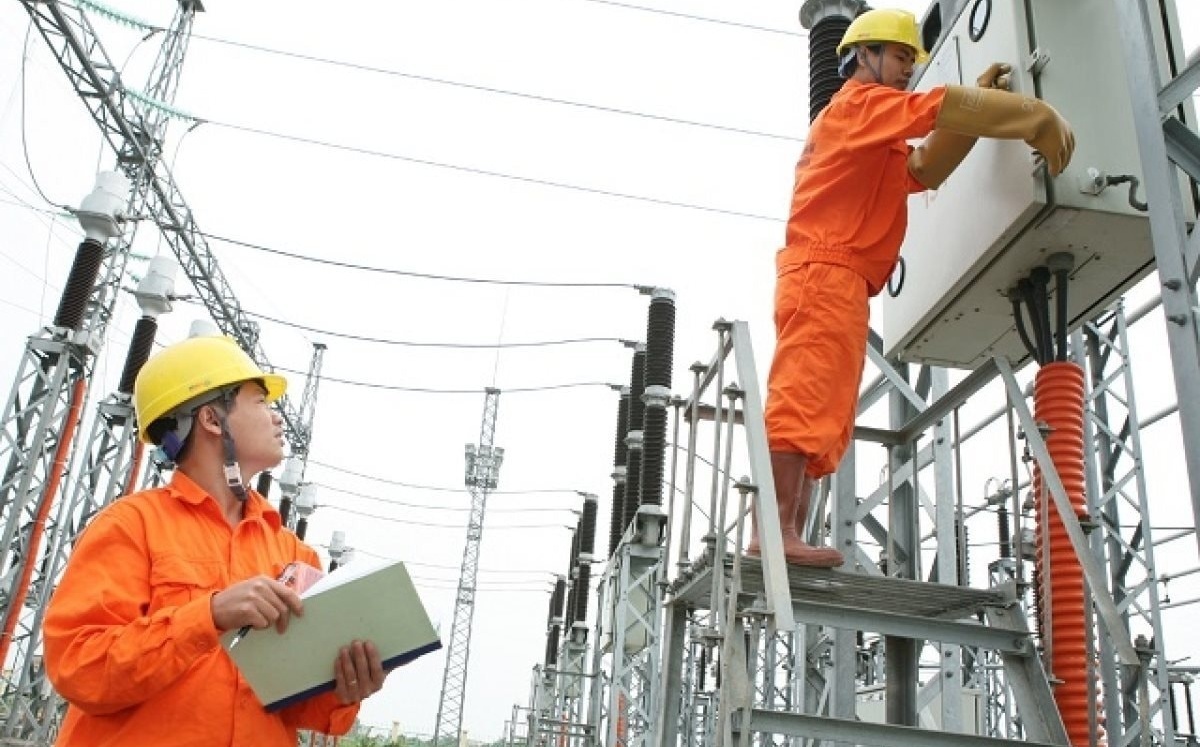
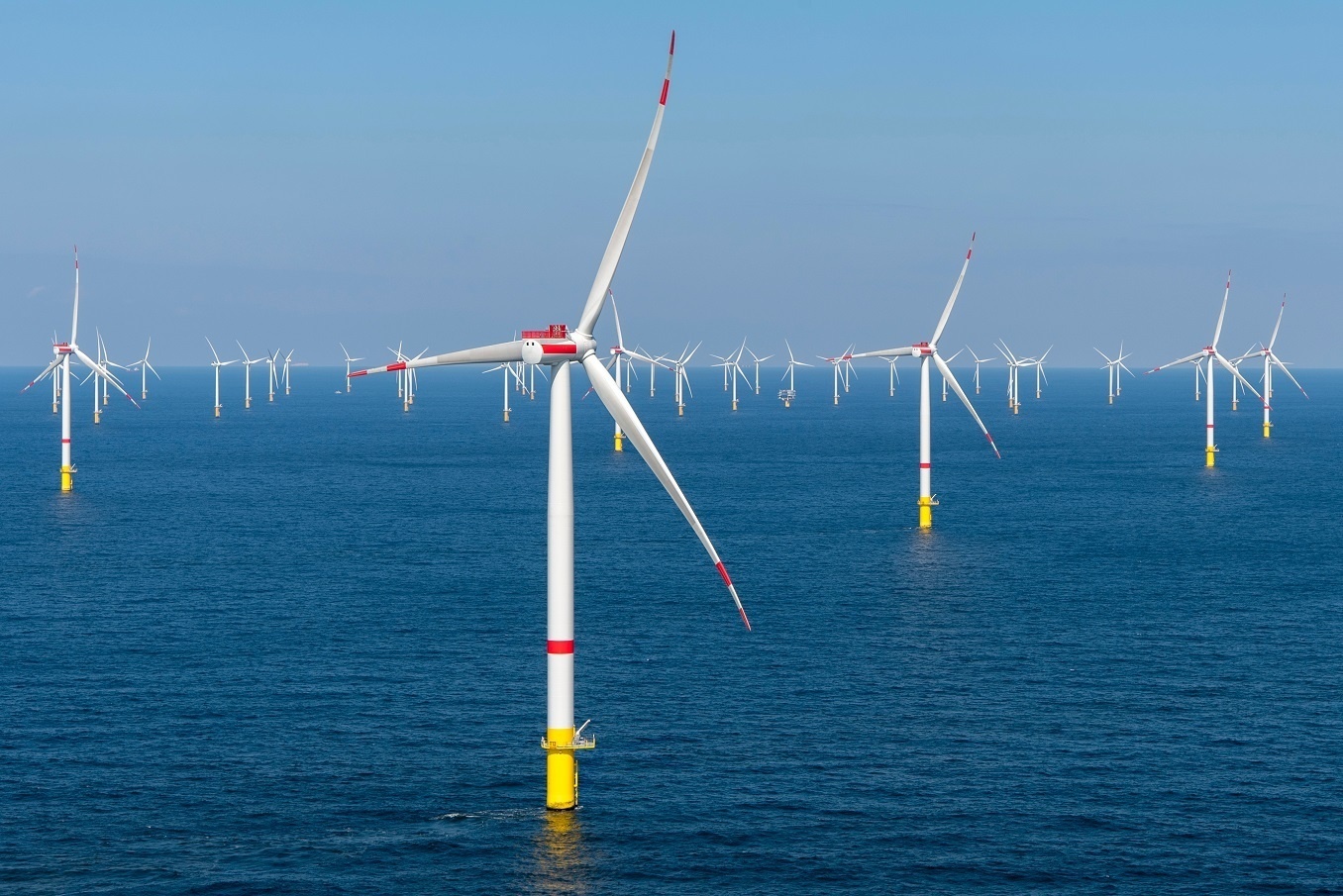
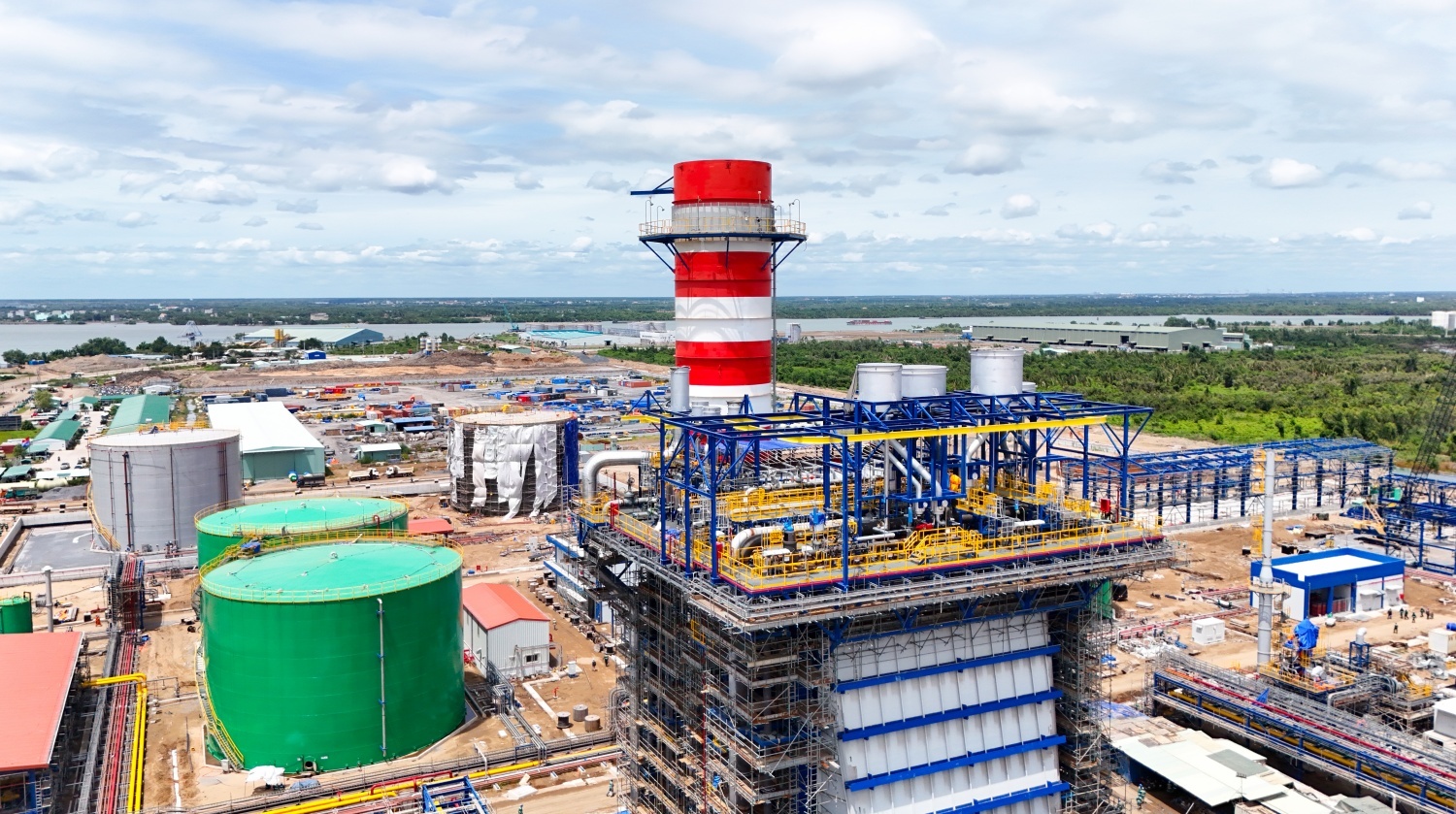






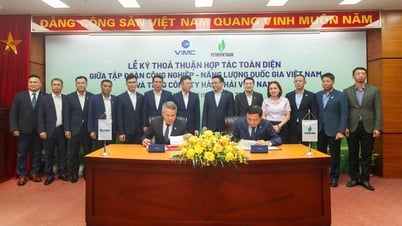

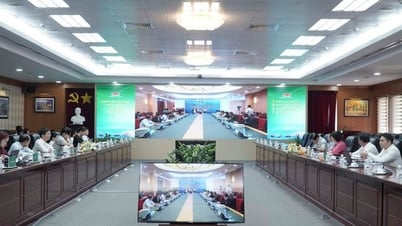

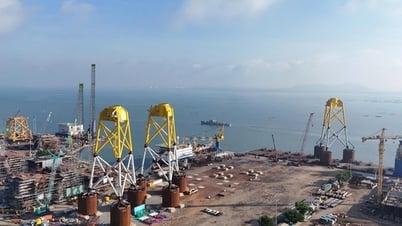
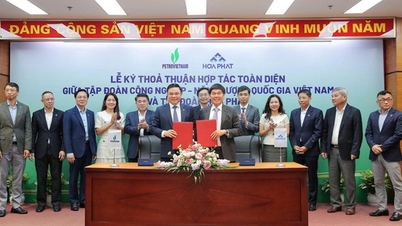
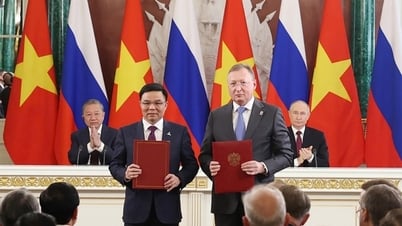











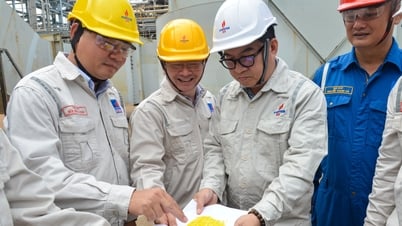
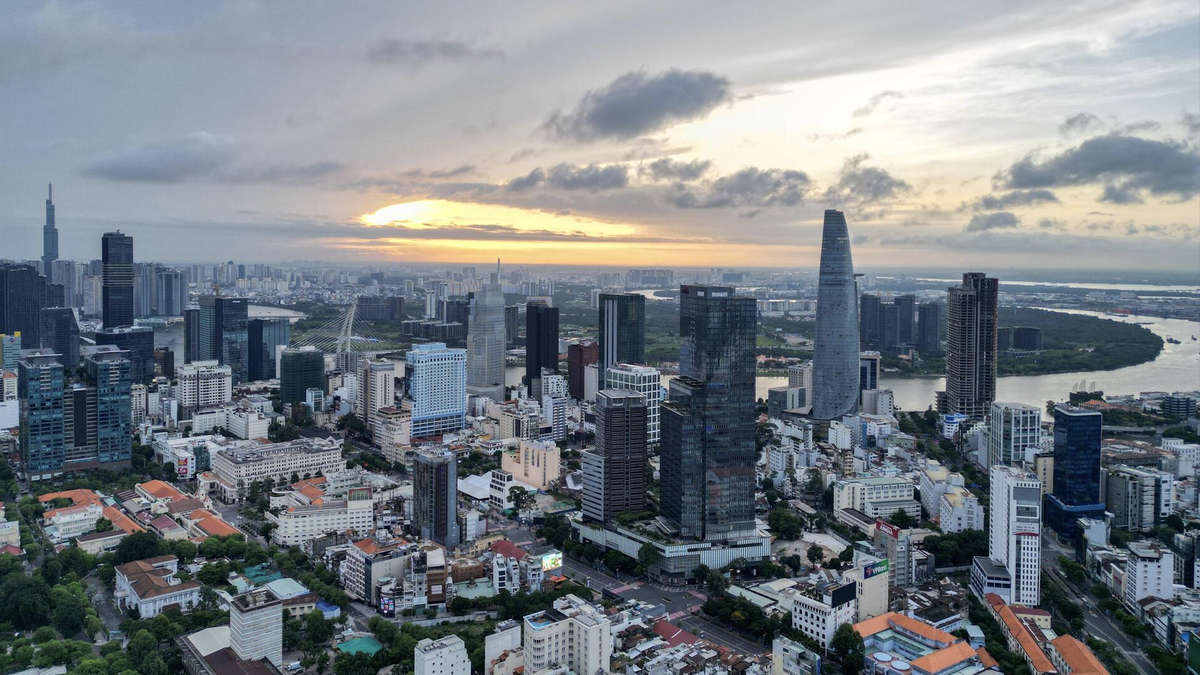
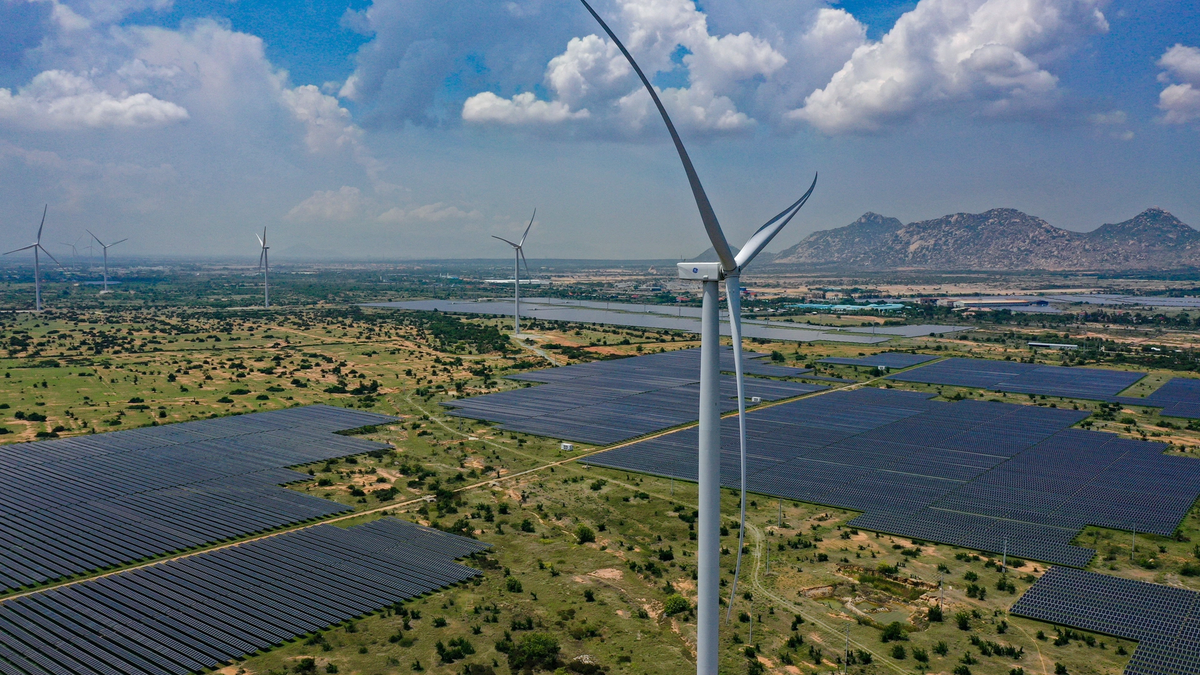
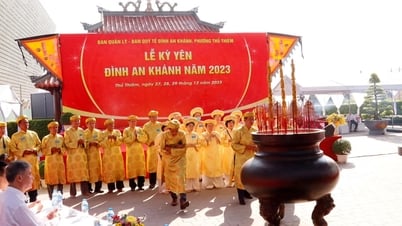












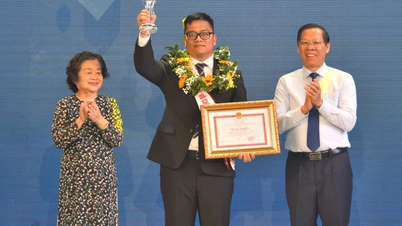







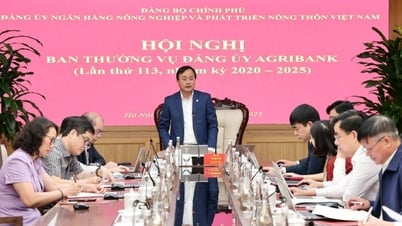


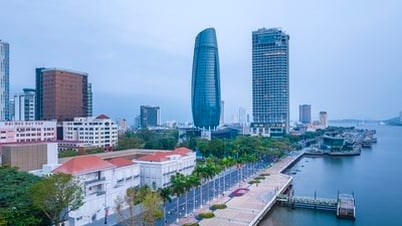







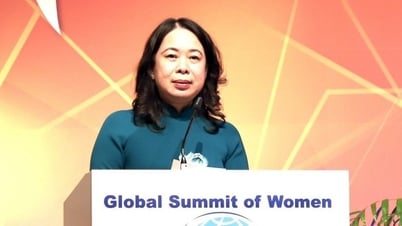



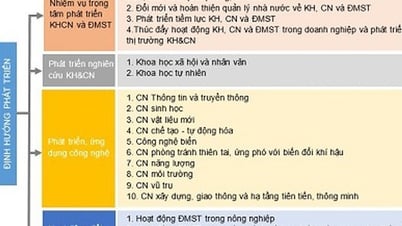






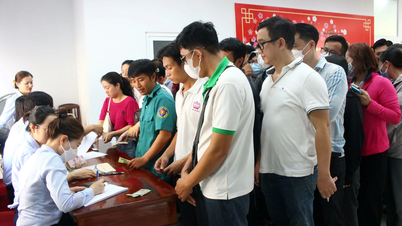

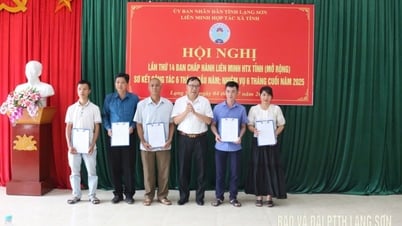




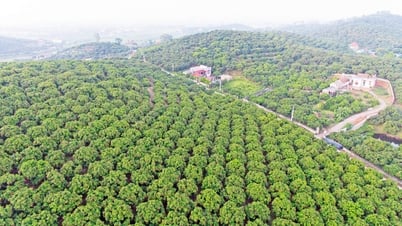

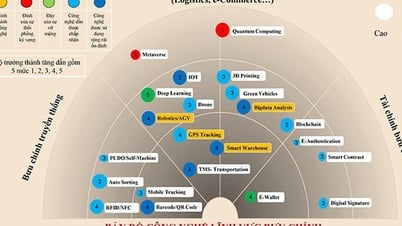

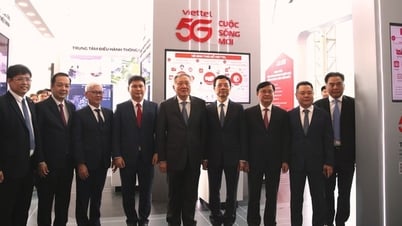






Comment (0)